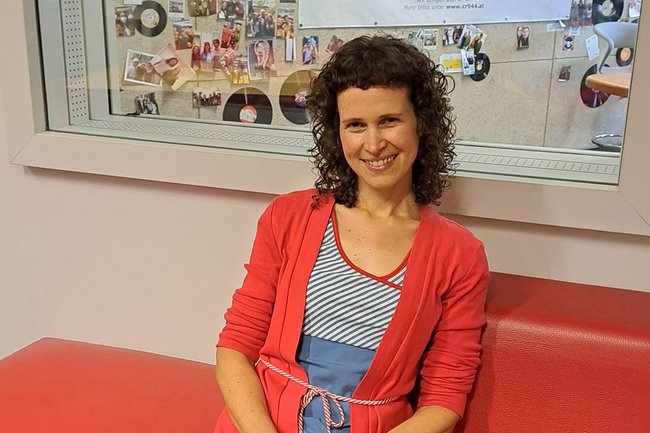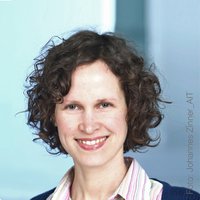Mobility for All
St. Pölten University of Applied Sciences Conducts Research on Inclusive Mobility

comfort:zone, a research project of the St. Pölten UAS, examines how groups that have been given little consideration so far can be heard and respected in mobility planning, what it takes to create well-being for all in the public space, and what decision-makers need to achieve this goal.
Barriers in the Public Sphere
Not everyone is able to actively navigate the public sphere, and not all people are equally comfortable in doing so: Wheelchair users, for example, are faced with obstacles in the form of stairs, while persons pushing prams struggle with entrances lacking ramps. A lack of signage can make it hard for cognitively challenged people in particular to orient themselves. Pedestrians avoid parks with poor lighting in the night.
“Inclusive mobility means mobility for all. We want all people to feel comfortable in public spaces, to be able to enjoy active and sustainable mobility, for example bicycle or walking. This is a complex challenge for planners and decision-makers”, says Pamela Nolz from the Carl Ritter von Ghega Institute for Integrated Mobility Research who heads the project at the St. Pölten UAS.
Designing Public Spaces, Reconciling Needs
Different wishes and needs need to be weighed against each other in planning processes. It is important to consider that underrepresented groups have far less opportunity to lobby for their specific interests. According to Nolz, it takes measures to compensate for this fact in favour of active and sustainable mobility.
Making Underrepresented Groups Heard
The project comfort:zone supports an inclusive and user-centred mobility system fit for the future that also includes underrepresented groups and promotes the transition towards active and sustainable mobility, for example in the form of walking and cycling.
“However, this can only be achieved if we take the individual challenges and needs of all road users into consideration. An important aspect influencing people’s mobility behaviour is their personal sense of well-being. But this comfort zone is restricted by weaknesses in the public space and in the mobility system: for instance, through fear-inducing places, physical barriers, a lack of orientation guidance, enforced detours, or a lack of offers. Removing these weak spots and giving underrepresented groups and their concerns a voice – in other words, empowerment –is the main mission of our project”, says Nolz.
Participation and Citizen Science
To this end, the project launches a participatory process that is supposed to sustainably anchor the needs of these groups in Austrian communities.
The project also makes use of the citizen science method that turns citizens into researchers. The groups involved in the project contribute to the collection of evidence-based data, thus acquiring materials to support planning and help them argue their positions and concerns better in contact with administrative and political bodies.
Strengthening Sustainable Mobility
The idea is that improved access to active mobility will promote sustainable forms and patterns of mobility, while reducing emissions, immissions, and the consumption of energy and resources. Requirements for traffic routes should take due account of habitats and ecosystems.
Podcast on the Topic
In the podcast Campus Talk (in German), Anna Michalski interviews Pamela Nolz on her project.
Project comfort:zone – Expanding the Personal Comfort Zone of Underrepresented Groups in an Inclusive Mobility System
The project receives funding from the Federal Ministry for Climate Action, Environment, Energy, Mobility, Innovation and Technology (BMK) within the framework of the Austrian Research Promotion Agency (FFG). Project partners are bitsfabrik GmbH and tbw research GesmbH.
